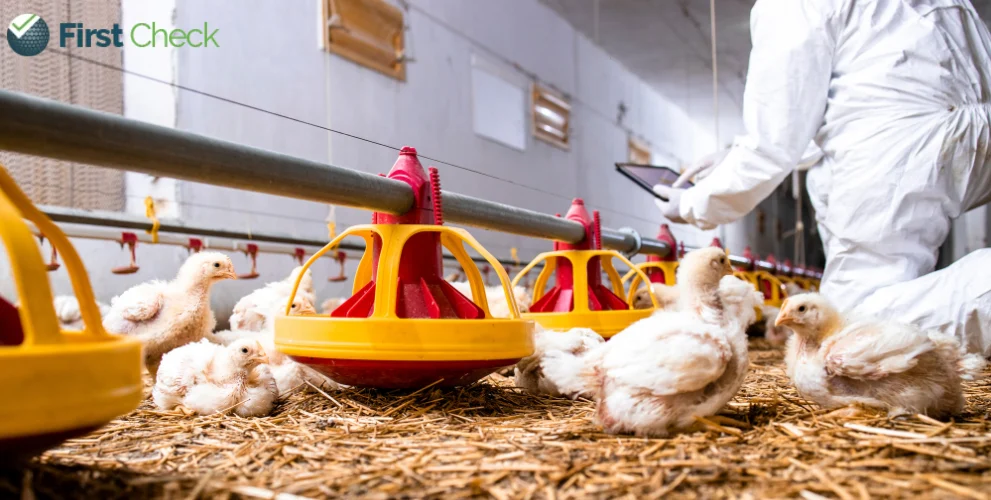The extremely rare event of the virus mutating such that it is able to invade human bodies, could result in a public health emergency.
Globally, cases of bird flu, also referred to as avian flu, are on the rise. There’s fear that this corroborates the predictions of health scientists that the future pandemic is likely be one of zoonotic origin, wherein the disease carrying pathogen is transferred from the animal host to the human host.
Here's what we know about influenza viruses. They are of four types — A, B, C, and D. The seasonal flu in humans is caused by types A and B of the virus. Type A virus has subtypes that are named as a combination of two surface proteins — Hemagglutinin (H) and Neuraminidase (N). H5N1 virus, or avian influenza A virus, is not stable outside its animal host and at high temperatures; it is sensitive to high acidic environs.
Given the widespread circulation of H5N1 virus in wild birds and poultry, sporadic infections in humans are possible. However, human transmissions of avian flu are extremely rare, although it can cause severe disease with a high mortality rate.
Climate change and the ensuing habitat destruction have become drivers of changed migratory patterns and breeding sites of birds. The result is close contact between birds and human settlements, and consequently transmission of the virus from wild bird species to domestic fowl. The extremely rare event of the virus mutating such that it is able to invade human bodies, could result in a public health emergency.
The World Health Organization states that the current situation poses an enormous concern. The most effective measures to prevent the spread of the virus include vaccinating livestock, restricting contact between wild bird species and domesticated farm animals, and regularly disinfecting farm equipment. While there is little that can be done to stop viruses from mutating, one can avoid close contact with wild bird species and observe suitable hygiene practices in case of close contact with birds. Experts also recommend consuming only pasteurised milk as well as cooked poultry and farm-animal meat.
Read More : Fact-check: Vitamin C can’t ward off the flu


